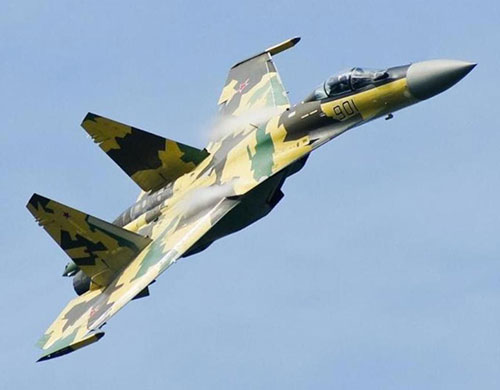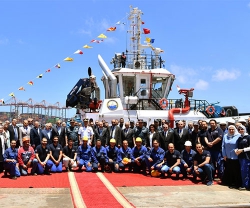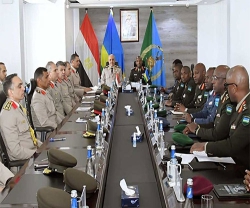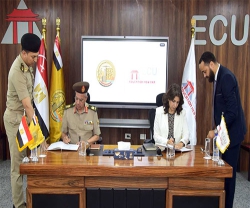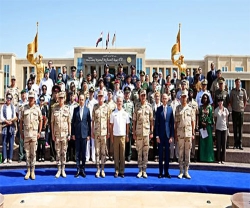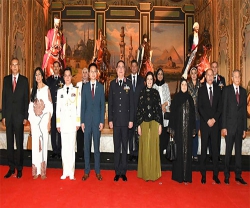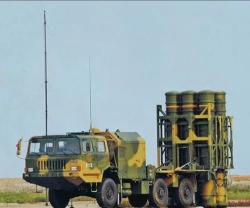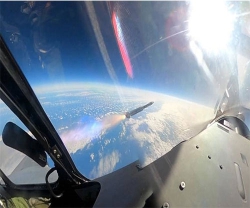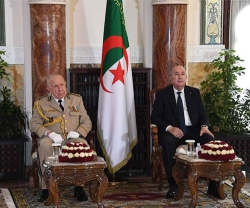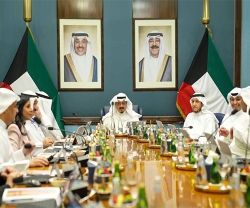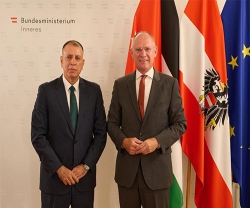Earlier this week, U.S. Secretary of State Mike Pompeo was testifying on the 2020 State Department Budget proposal before the Senate Appropriations State Foreign Operations and Related Programs Subcommittee.
While addressing the US Senate, Pompeo reportedly said that Cairo would face sanctions if it buys Russian Su-35 jets.
He added that Egypt had assured the US it would take into account the possibility of US sanctions and expressed hope it could withdraw from the deal, Sputnik reported.
“We have made clear that systems were to be purchased that… would require sanctions on the regime,” Pompeo told the Senate Committee on Appropriations. “We have received assurances from them, they understand that, and I am very hopeful they will decide not to move forward with that acquisition.”
Ahead of Egyptian President Abdel Fattah Al Sisi’s visit to Washington on Tuesday 09 April, a senior Trump administration official said the United States encourages Egypt to turn toward the West and away from Russia.
“In terms of the expanding Russian influence in the region, that’s obviously something which we are quite concerned. We don’t see a lot of material benefits to engagements with the Russians. We just would encourage the Egyptians to turn more toward the West, toward the United States,” the official said on Monday
The official urged Egypt and other countries that wish to maintain a military relationship with the United States to refrain from buying Russian weapons as they risk being sanctioned under the Countering America’s Adversaries Through Sanctions Act (CAATSA).
In mid-March Russia and Egypt reportedly signed a $2 billion dollar contract for the purchase of more than 20 Russian Su-35 multi-role air-defense fighters and air-launched weapons.
According to the Kommersant newspaper, the agreement to purchase more than 20 aircraft and weapons for them worth some $2 billion came into force at the end of 2018, and the deliveries may begin in 2020 or 2021.
However, Russia’s Federal Service for Military-Technical Cooperation (FSMTC) said that no contracts for aircraft supply were signed in the second half of 2018.

